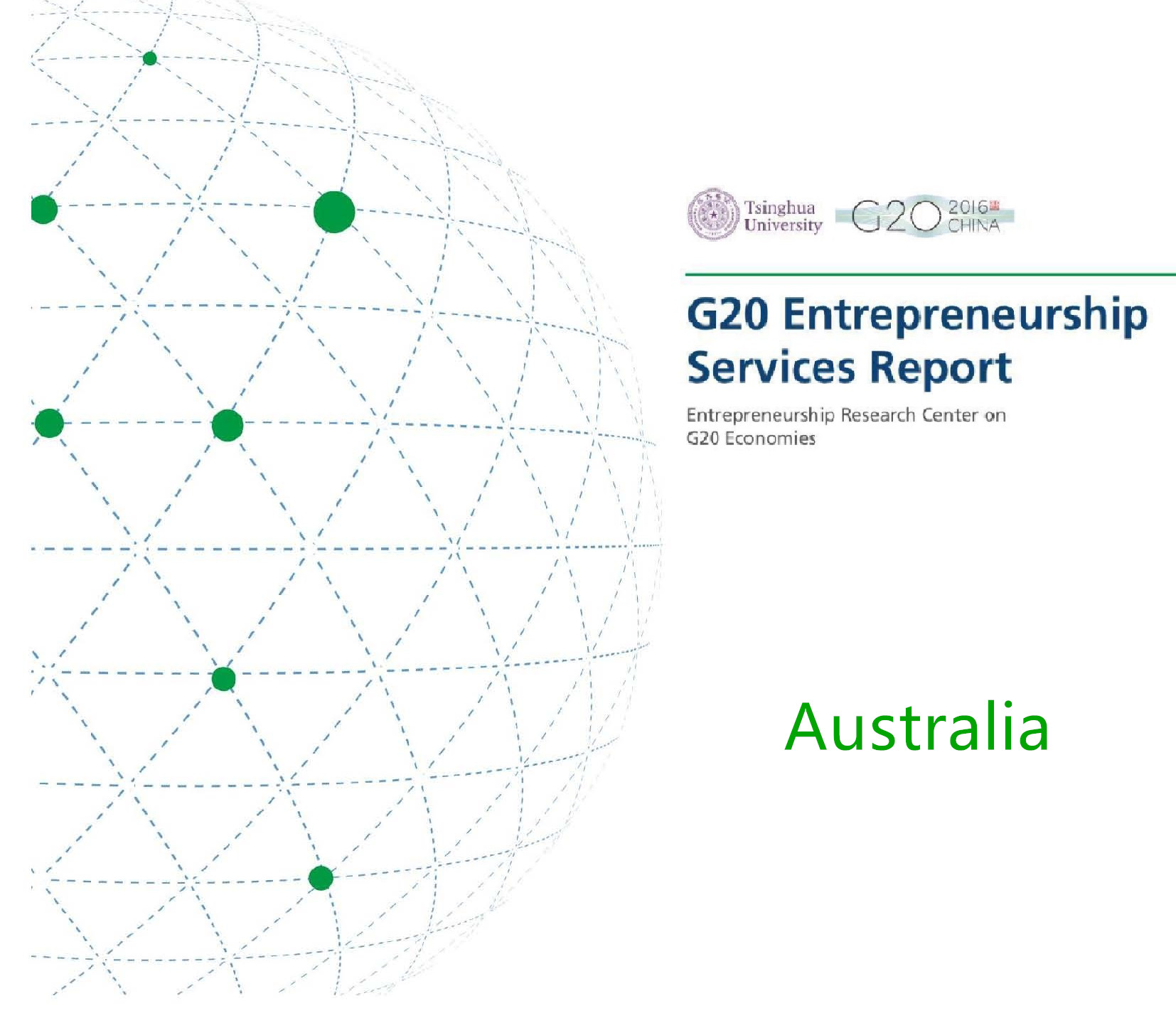
Summary
The Australian government has been attaching great importance to the innovation and entrepreneurship at national level and help SMEs by launching preferential tax policies, such as raising the upper limit of small enterprises and providing tax cut. The Australian government released the National Innovation and Science Agenda at the end of 2015, which specifically launched the Entrepreneurs’ Program to support the development of start-ups and SMEs. In early 2017, the Australian government began a three-year reform of the corporate tax system and raised the upper limit of the operating revenue of small businesses. In the 2015/2016 Budget released earlier, the Australian government introduced the Jobs and Small Business Package to provide SMEs with a total tax relief of 5 billion Australian dollars.
The Australian government set up a government-led fund, provides tax incentives for venture capital, and helps start-ups and SMEs expand financing channels and solve financing problems by developing equity crowdfunding. In 2016, the Australian government set up the CSIRO Innovation Fund, a government-led fund and provided tax incentives for venture capital investment through the Tax Law Amendment (Tax Incentives for Innovation) Bill 2016. The Crowd-Sourced Equity Fund (CSEF) adopted by in 2017 to help SMEs with difficulties in financing through conventional channels to fill their funding gap, thereby promoting investment support for venture innovation.
In terms of serving entrepreneurs, the Australian government has set up an “Industrial Growth Center” to promote commercialization of scientific and technological achievements, provided simplified and high-quality digital services, and supported the market expansion of start-ups and small businesses through government procurement. In November 2016, the Australian Department of Innovation, Industry, Science and Research (DIISR) released the Global Innovation Strategy: Helping Australia compete internationally. In November 2017, the Australian Government launched Australian Small Business Advisory Services (ASBAS) Digital Solutions to assist service providers in providing low-cost, high-quality digital consulting services and solutions for Australian small businesses. In 2017, the Australian government announced that it would improve the payment efficiency of SMEs providing services and commodities for the government and set up a digital marketplace in the digital technology, making it easier for start-ups and small enterprises to understand government procurement requirements, obtaining technical support from the government, and competing with large enterprises in a fair environment. In terms of business incubation, the Australian government’s Landing Pads program, which began in 2016, has set up five business centers in San Francisco, Berlin, Shanghai, Tel Aviv and Singapore to provide resident incubation support for Australian technology-based business enterprises to expand overseas markets. At the end of 2017, four regional incubator facilitators were appointed to advise start-up companies.
The Australian government provides special entrepreneurship training for the youth and women to help them start businesses. For example, Encouraging Entrepreneurship and Self-Employment Initiative launched at the end of 2016 aims to help the youth start their own businesses. The NSW Women Entrepreneurs Network - WON aims to provide a one-stop service for women who want to start a business. Many training programs for female entrepreneurs can be found on the platform. Although interdisciplinary teaching is the trend of entrepreneurship education, the entrepreneurship education courses in Australian higher learning institutions are generally offered in business schools. These universities not only launched bachelor’s and master’s degrees of entrepreneurship education related disciplines, but also built entrepreneurship ecosystem, while attaching great importance to the international cooperation and cooperation with industries.